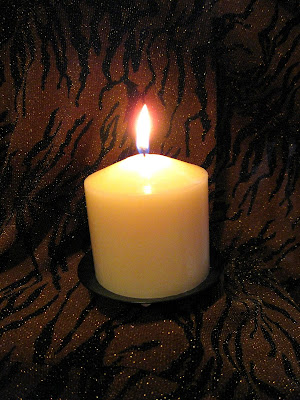Never handle toxic wastes and food at the same time.
Never use toxic waste containers for food preparations, and never use food containers for toxic wastes.
Keep toxic products separately from your food stores, safely locked away from the foodstuffs.
Empty toxic containers should never be used for household purposes.
If skin comes into contact with toxic products always wash contacted area (that is, hands, arms or the body) with large amounts of water and soap.
See your doctor at the earliest opportunity.
Never ever allow toxic products to splash into the eyes, they can cause blindness.
See link at end of lesson for guidance as to how to deal with a chemical eye splash.
Wash your hands regularly with soap and water to prevent food becoming contaminated.
Do not burn toxic products or wastes
This spreads the chemicals through smoke and ash.
Do not dispose of toxic wastes down latrines or in water areas.
Disposal of Wastes
Cleanliness is very important in order to prevent many diseases.
This means keeping the person clean (personal hygiene), and keeping the home and village clean (sanitation) by keeping places used by the public, free of waste.
Waste consists of;
1) Dry refuse - tins, papers, household rubbish, boxes
2) Human waste - stools, urine and other discharges
3) Toxic waste - such as containers which previously contained chemicals
See link at end of lesson for guidance as to how to dispose of trash safely
Chemical splash in the eye - First Aid
http://www.mayoclinic.com/health/first-aid-eye-emergency/FA00041
Getting rid of trash safely
http://en.hesperian.org/hhg/A_Community_Guide_to_Environmental_Health:Getting_Rid_of_Trash_Safely
With thanks to www.mayoclinic.com and en.hesperian.org
Photograph taken by Catherine Nicolette



